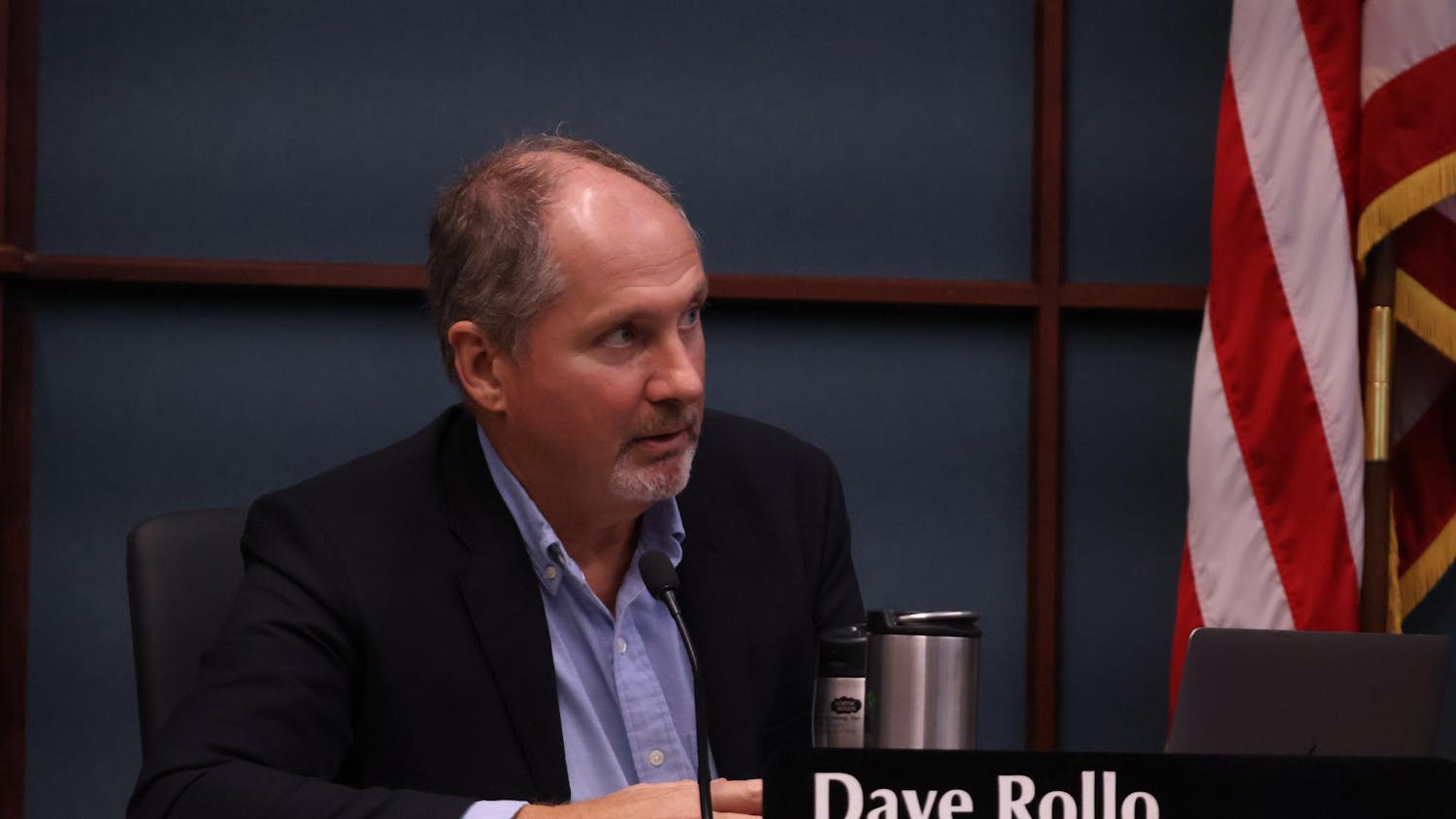Just as the Internet has become ubiquitous in our lives, so have the stories of its darling companies hitting the pavement. The combined value of three of the Internet's most famous names -- Amazon.com, eBay and Yahoo! -- has gone from about $188 billion at the height of the dot-com mania to a dismal $23.5 billion today. Many people are wondering if that means e-commerce is just hype.\nMost business leaders argue this couldn't be further from the truth. At a convention on e-commerce in New York, Stephanie Shern, vice chairman of Cap Gemini Ernst & Young, said in a press release, "Companies realized that online retailing is no longer an option; it is a business requirement." \nWhile such news bodes well for the future of e-commerce, there was little disagreement at the conference that many of the businesses that received lofty valuations at the height of the Internet boom were nonsensical. In the same press release, Michael Goldstein, chairman of Toys R Us, said, "These were business models that made no sense whatsoever. They were based on dreams that would never be realized."\nProof positive of this is in the number of pure e-commerce companies still around. In 1999, there were 32 publicly trading companies; today's number has dwindled to 22. Anthony Noto, an analyst with Goldman Sachs, predicts the number will shrink to eight by the end of the year.\nIn one of its weekly surveys, The Economist said e-commerce would continue to shape the way people buy and sell goods, but that the values the stock market puts on these companies were excessive, and could still be for some. It points out that while dot-coms avoid many of the problems traditional retailers face (i.e. expensive store space and lots of inventory and employees), they face their own problems. The Economist believes the largest are shipping products on time and attracting customers to buy from them without selling at a steep discount, also known as selling at a profit.\n Now that what was dubbed "irrational exuberance" appears to be waning, some argue the opposite extreme is starting to take hold of people. Steve Stanford, an Internet entrepreneur in Santa Monica, Calif., told The Boston Globe, "The irrational exuberance is being replaced by irrational caution."\nVenture capitalists have recently tightened their purse strings, making it more difficult for entrepreneurs to fund their businesses, Stanford said. \nThis reflects investors' more cautious stance toward investing. Thomas O'Neill, a managing director at Navigator Asset Management, told The Boston Globe, "(During the Internet craze) there was no attention paid to risk ...you didn't know what was happening." He said he believes sentiment is changing.\nThe good news is almost everyone believes the Internet will continue to grow. The bad news, especially for the bankrupt dot-coms, is it appears that, on the Internet, it isn't business as usual.
On the Internet, it isn't business as usual
Get stories like this in your inbox
Subscribe



